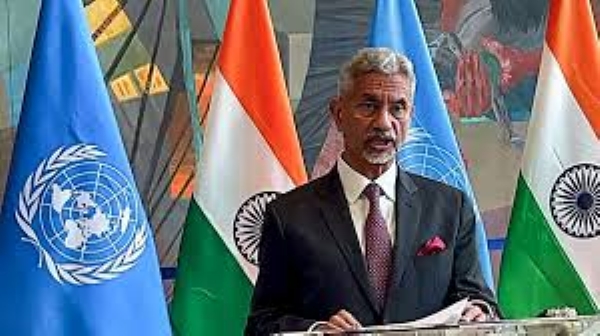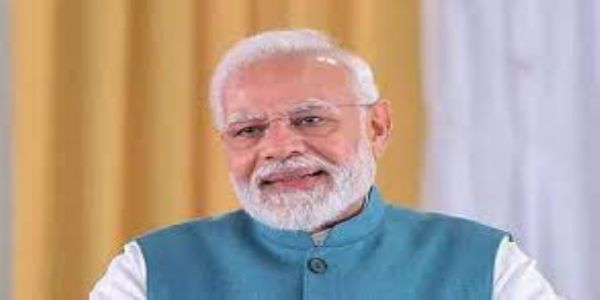
New Delhi, 1 July (H.S.): External Affairs Minister S. Jaishankar addressed the Pahalgam terror attack, labeling it an act of economic warfare aimed at crippling Kashmir's tourism industry. During remarks on June 30, 2025, he expressed India’s resolve to counter terrorism without succumbing to nuclear threats from Pakistan. His statements emerged in the aftermath of the April 22 attack, which, according to Jaishankar, evoked a national sentiment that enough is enough, referencing a long history of terrorism linked to Pakistan.
In a interaction , Jaishankar expounded on the terrorist nature of the Pahalgam attack, which was designed to incite communal violence by compelling victims to disclose their faith before being killed. He affirmed India's position to no longer accept terrorists acting with impunity due to geographical borders, emphasizing the need for retribution of such heinous acts. While in the United States, Jaishankar also inaugurated an exhibition at the UN titled “The Human Cost of Terrorism.”
He underscored that the terrorists orchestrating attacks against India are well-known organizations based in Pakistan, operating openly within populated areas. He cited Operation Sindoor, a military initiative aimed at dismantling terror infrastructure in Pakistan, which was a direct counter to the Pahalgam attack that claimed 26 lives and was claimed by The Resistance Front, affiliated with the Lashkar-e-Taiba group.
Jaishankar made it clear that India would not tolerate terrorism or the notion that Pakistan could use nuclear deterrents to prevent India's response to terror. He declared that the rationale of nuclear equivalence, which suggests that India should refrain from retaliation for fear of escalation, would not hold sway over India’s defensive measures. He confidently asserted, “no yielding to nuclear blackmail, no impunity to terrorists,” emphasizing India’s commitment to safeguarding its citizens.
Moreover, he elaborated on the need for global consensus on eradicating terrorism, stating that no country should utilize it as a means to achieve political objectives since it ultimately jeopardizes international stability. Jaishankar reaffirmed India’s long-standing struggle against terrorism, which began in 1947 following independence, listing significant events such as the 2001 Parliament and the 2008 Mumbai terror attacks as testaments to this ongoing battle.
During a subsequent Q&A session, Jaishankar addressed inquiries regarding former President Donald Trump's assertion of using trade to mitigate tensions between India and Pakistan. He noted that trade negotiations remain a professional and independent endeavor, unaffected by political discussions on security matters. Emphasizing a broad national consensus on bilateral relations with Pakistan, Jaishankar recounted a specific incident involving Vice President JD Vance communicating threats from Pakistan to Prime Minister Narendra Modi prior to an escalated attack on May 9. He asserted Modi's unwavering stance against capitulating to Pakistani threats, leading to India’s rapid response following the assault.
Jaishankar's remarks painted a picture of India's serious and proactive stance on terrorism while maintaining a steady focus on trade and diplomatic relations, ultimately portraying a narrative centered on resilience and commitment to national security against external threats. His statements resonated with the audience, reiterating India's determination to combat terrorism and restore peace and stability in the region.
---------------
Hindusthan Samachar / Indrani Sarkar






